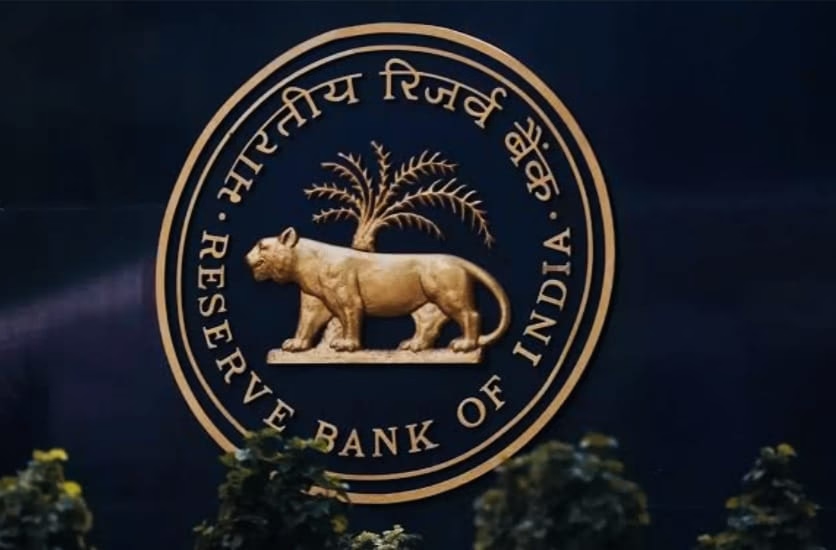RBI monetary penalty refers to fines imposed by the Reserve Bank of India (RBI) on banks and financial institutions for violation of regulatory guidelines or non-compliance with directives issued under various acts such as the Banking Regulation Act, 1949. These penalties aim to enforce discipline and ensure strict compliance with regulatory norms, particularly around areas like Know Your Customer (KYC), Anti-Money Laundering (AML), risk classification, and fair lending practices.
Simple Explanation:
When a bank or financial company breaks RBI rules, the RBI can impose a monetary (financial) penalty to punish the violation and prevent future mistakes.
Detailed Explanation:
The process involves RBI conducting inspections or audits (often called Statutory Inspection for Supervisory Evaluation) of a financial institution’s books. If violations are detected—such as incorrect customer classification, multiple customer IDs instead of a Unique Customer Identification Code (UCIC), outsourcing of sensitive risk management tasks, ignoring KYC or AML norms, or improper classification of assets—the RBI issues a show cause notice. After reviewing the entity’s response, if the RBI finds the explanation unsatisfactory or the violations serious, it imposes a monetary penalty under its empowered provisions.
Recent penalties have ranged from a few lakhs to several crores, depending on the gravity of the violation. For example, in March 2025, HDFC Bank was fined ₹75 lakh for allotting multiple customer identification codes and not categorizing customers properly based on risk as required by KYC norms . Similarly, penalties were imposed on IIFL Samasta Finance and HSBC for violations covering pre-loan interest charging, misclassification of NPAs, outsourcing of AML alerts, and reporting failures . The RBI’s comprehensive penalty framework, strengthened in 2025, further codifies and details the grounds and process for such actions .
Key points:
- RBI monetary penalties serve as punitive and deterrent measures for regulatory non-compliance.
- Grounds include breaches in KYC, AML, fair lending, risk classification, and reporting norms.
- Penalties follow a prescribed due process: inspection, findings, notice, opportunity to respond, then imposition if warranted.
- The penalties are announced publicly and are separate from criminal proceedings or other regulatory actions.
Summary:
RBI monetary penalties are fines levied on financial institutions for violating RBI regulations, intended to strengthen compliance and foster trust and safety in the financial system .for economy news click www.eminentnews.com

























